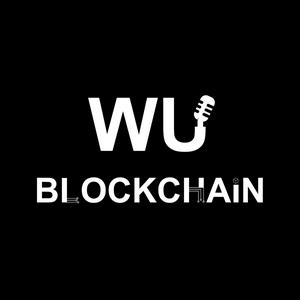In a January 31 AMA, CZ said Binance’s core strategy today is compliance, stability, and long-term survival, rather than rapid expansion or chasing every new trend. In the current regulatory and industry environment, he stressed that lasting longer matters more than growing bigger. Binance is prioritizing sustainability over short-term scale. Strong regulation, in his view, is a structural trend in crypto—not a temporary phase—and Binance’s approach is to adapt to regulation, not fight it, with different compliance strategies across jurisdictions.
CZ also said the get-rich-quick era is over. Crypto is no longer a market driven by fast money or short-term speculation. Strategies that relied on cycle timing and quick gains are fading, and the industry’s focus is shifting toward long-term building—core infrastructure, real demand, and applications that can operate within compliant frameworks.
On Binance Alpha, listings, and Meme Rush, CZ positioned Alpha as an ecosystem access layer, not an endorsement. He acknowledged execution issues with Meme Rush, while emphasizing that concerns from neutral users deserve serious attention. He reiterated that exchanges provide market access, not guaranteed returns, and that investment decisions remain the user’s responsibility.
From a market perspective, CZ took a more cautious stance on a near-term Bitcoin supercycle, expecting continued volatility. Long term, he remains bullish on Bitcoin and views it as superior to gold, though global consensus will take time to form. He also reaffirmed Binance’s 100% reserves and proof-of-reserves framework, noting that past stress tests have demonstrated the platform’s liquidity and asset safety.
CZ also addressed market criticism and community disputes around Binance, BNB, and BNB Chain. He denied claims that Binance or he personally manipulated the market or caused the October 11 sell-off, emphasizing that price movements were driven by macro factors and that no single entity can realistically control Bitcoin’s price.
Views related to the 10/10 incident reflect CZ’s personal opinion only. For the official report and broader perspectives, please refer to: Link
Timeline:
00:00:00 CZ's comment on Aster
00:00:46 Community raises concerns about FUD, listings, Alpha, and Meme Rush
00:04:32 Rebuttal of claims that Binance caused the October 10 market crash
00:04:32 Explanation of regulation, monitoring, and why manipulation claims are unrealistic
00:06:45 Response to accusations about personal wealth and asset dumping
00:18:20 System issues, compensation, and limits of technology during peak stress
00:13:17 Origins of FUD: competitors, paid “water army,” and emotional traders
00:18:34 Meme Rush rationale, implementation flaws, and listening to the silent majority
00:21:13 How FUD backfires by increasing Binance visibility and user loyalty
00:24:34 Personal responsibility as a core principle for traders
00:26:07 Outlook on Bitcoin super cycle becomes more cautious amid volatility
00:29:06 Bitcoin vs. gold: long-term superiority vs. short-term adoption reality
00:30:48 Role of AI in future trading, UX, research, and exchange operations
00:33:15 Proof of reserves, audits, and Binance’s handling of extreme withdrawals


